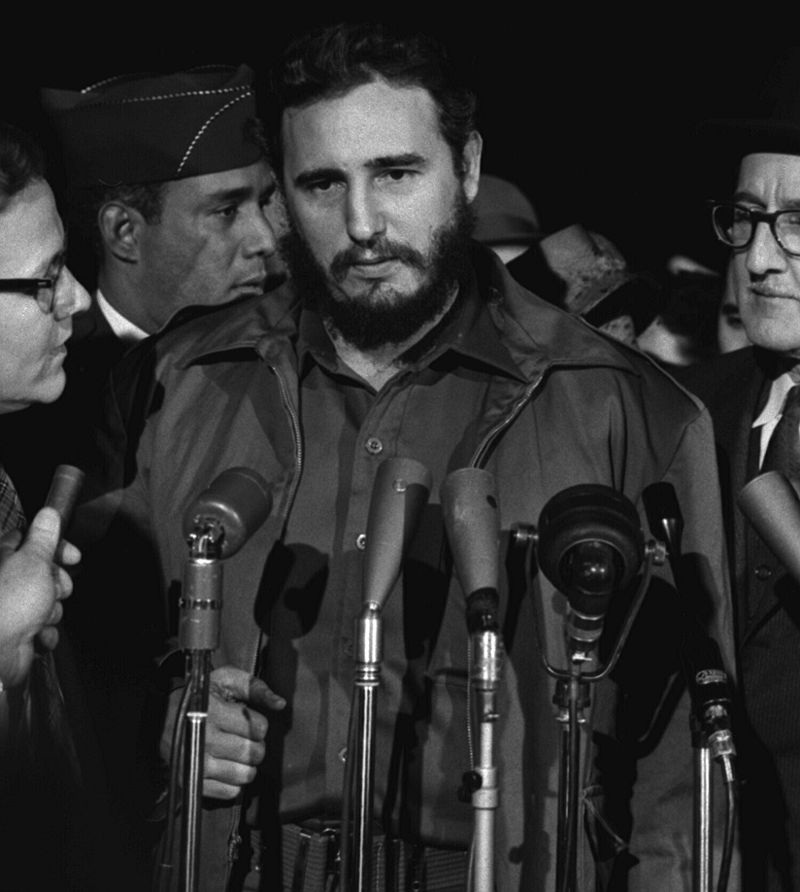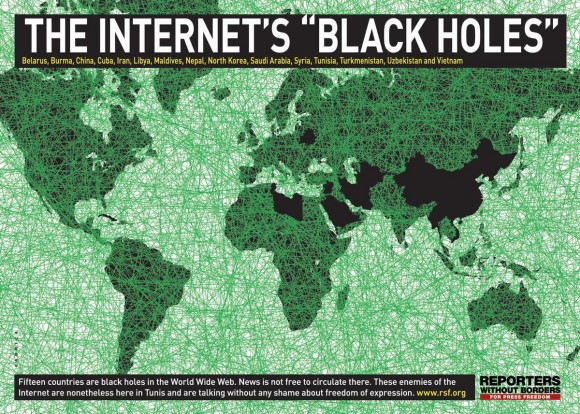aNewDomain — Cuba is connecting with the 21st century in a relatively minor but very tech way. The decades long blockade on Cuba by the United States is finally lifting — if only in small steps. And now, US President Barack Obama has announced new rules for American telecommunications companies and hardware and software exports to Cuba.
According to Obama, increasing Cuba’s Internet access is the beginning of hopeful change. Just five percent of Cuba’s 11 million citizens have regular access to the Internet. So, really, they have more of an Intranet than an Internet, due to very limited websites and information.

“Fidel Castro – MATS Terminal Washington 1959“. Licensed under Public Domain via Wikimedia Commons.
Millions live in the “valley of unknown” — for example, they only heard about Whatsapp as a rumor. Ex-President Fidel Castro is probably thrilled that he managed to live to see this breakthrough in foreign relations. He will probably will not use Whisper, though … at his age he has no more secrets to hide from the Empire … I mean the US.
Black Hole Isolation in Cuba
Isolation and connectivity in Cuba resembles 20th century state of affairs. As Quartz described it:
The isolation of Cuba is plainly evident when looking at a map of the submarine cables in the Caribbean. While numerous cables crisscross the Caribbean, they all avoid landing on Cuba. That is, all except for ALBA-1 submarine cable, built by Alcatel Submarine Networks and financed by the Venezuelan government.”
But Cuba is not the only black hole when it comes to the Internet. The image below depicts the Internet’s “Black Holes” —
Countries where Internet Filtering is common and freedom of online expression is a rare commodity. China, Iran, Turkey, Saudi Arabia, Cuba and other countries where Internet access is restricted are included in the Black Hole world map.

Image Credit: rsf.org
The Hip Hop Bay Of Pigs, USAID and Fake Twitter
Even under Obama the US tried to use social media to subvert the Cuban regime. In 2013 Cuban hip-hop artists were seduced in a botched plot to create anti-government unrest. Revelations by the Associated Press found that USAID tried to recruit Cuban rappers under the guise of civic causes, like HIV prevention. As part of the program, USAID hired Creative Associates International, a firm that also played a key role in the “Cuban Twitter” program.
A fake social media program launched another bid to undermine the Cuban government. In the hip-hop case, Creative Associates was directed to recruit young rap artists looking to make “social change.” But the program ended up endangering some of the artists, spiking their careers . The Regime, of course, did not leave.
Social Media Could Bring Real Change
Now Cuba will experience an unparalleled explosion in the growth of Internet access, due to the entrance of private US companies. Not through USAID, but rather old fashioned capitalism. Social media, which comes with connectivity and mobile apps, might be the real game changer.
But if one looks at Cairo’s “Facebook” Tahrir Square experience — don’t bet on Cuban change coming quickly. As the Washington Post put it:
Cuba-wide web is limited to a national e-mail system, some government-approved Web sites, a Cuban encyclopedia, and little else. Indeed, Cuba has its own Internet, thought the better term is probably Intranet, like you might have at work. Only an entire country is on it, and can’t break past its borders.”
This news comes at an interesting time, and is similar to another country that’s been in the headlines recently. An Open Internet society might take some time.
For aNewDomain, I’m David Michaelis.












